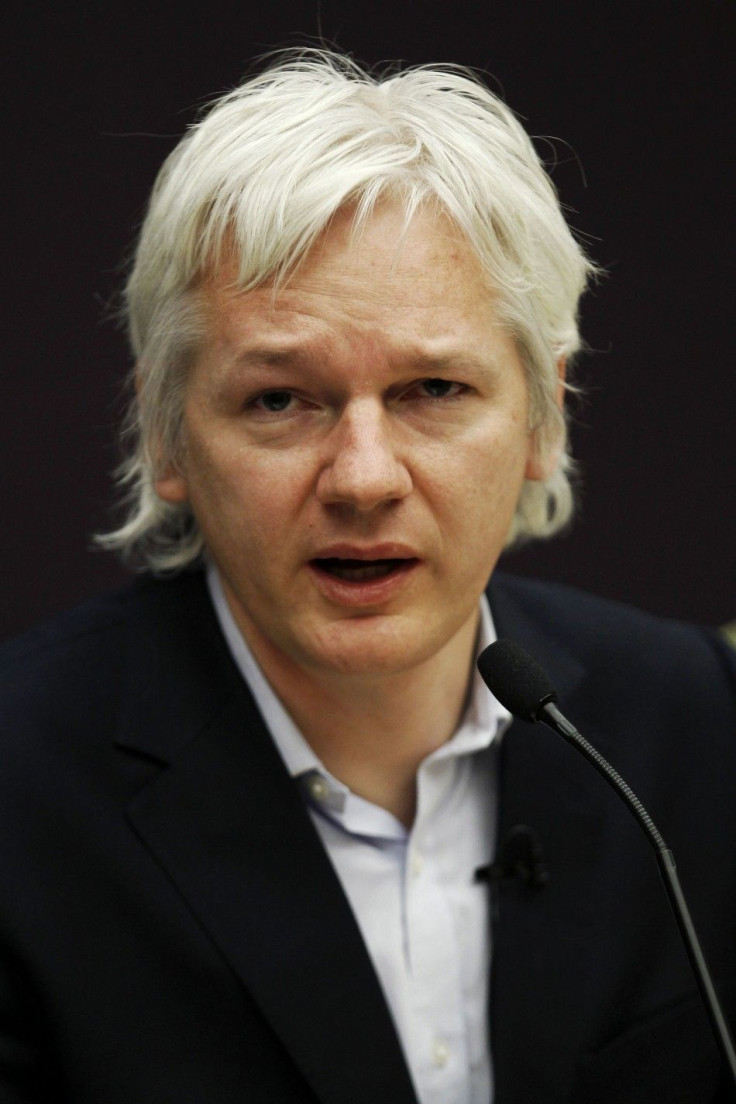Ecuador President Weighing Assange Asylum Bid

Ecuador is reviewing Wikileaks founder Julian Assange's asylum plea, President Rafael Correa said Thursday.
The president told the BBC Ecuador would make a sovereign decision after examining claimed threats to Assange's life.
The whistleblower activist is spending his third night holed up in Ecuador's London embassy, where he is seeking diplomatic asylum to prevent him being sent to Sweden to answer accusations of rape and assault, which he denies. He says he fears Sweden will turn him over to the U.S.
On Thursday, Assange said there was no guarantee his bid would succeed. In an interview with his homeland's Australian Broadcasting Corp. radio, he said he did not know when the decision would be made.
He said he had mounted his bid because his native Australia had made an effective declaration of abandonment by refusing to intervene in his planned extradition.
He had heard that the Ecuadorians were sympathetic in relation to my struggles and the struggles of the organization with the United States, Assange said.
In a later phone interview with the Australian broadcaster Friday, Assange said he was ready for a life in Ecuador and said the country had been quite supportive of his bid for asylum, Reuters reported.
The Ecuadorean people have been quite supportive. I heard [the] Ecuadorean ambassador in Australia has been making supportive comments, he said. They are sympathetic over a long period of time.
We hope the asylum application will be viewed favorably. Now it is a matter of gathering extensive evidence of what is happening in the U.S. and submitting that with a formal request.
He said he was not running away from questioning over the sex assault allegations in Sweden but said the Swedish prosecutors had refused to visit him in Britain or contact him by phone.
This issue is about a very serious matter in the United States, he said, adding Swedish authorities said he would be detained on arrival.
Assange said his case was currently before a U.S. grand jury, which would decide whether charges could be laid. He said U.S. authorities have been careful not to confirm or deny any grand jury investigation.
There are subpoenas everywhere. We have received subpoenas; there are subpoenas in my name, he said, asserting that people have been detained at U.S. airports and been questioned by the FBI and asked to become informers.
© Copyright IBTimes 2025. All rights reserved.




















